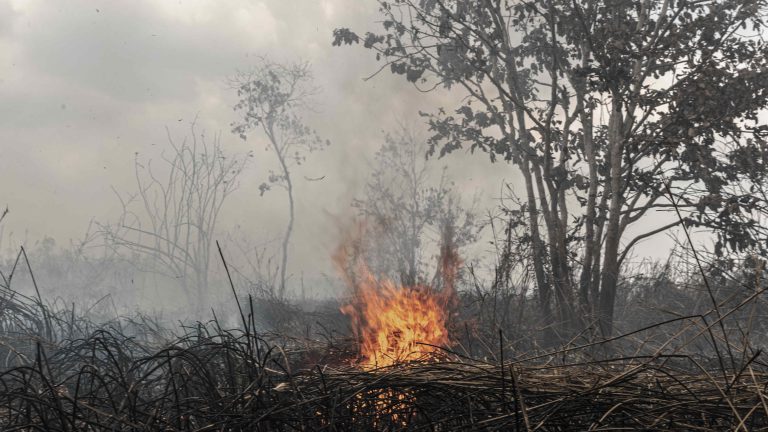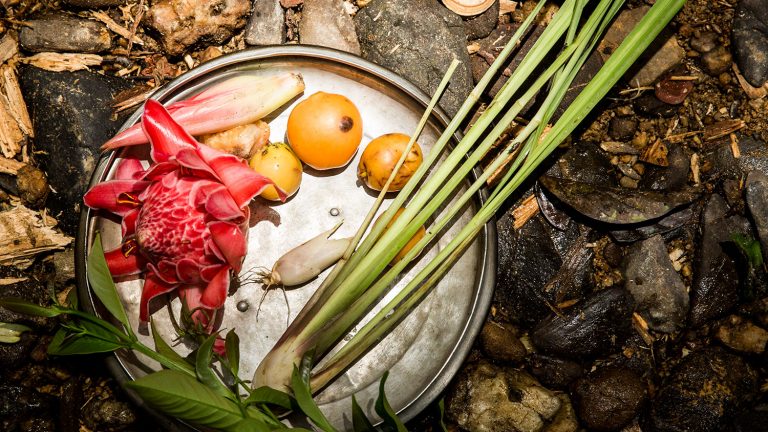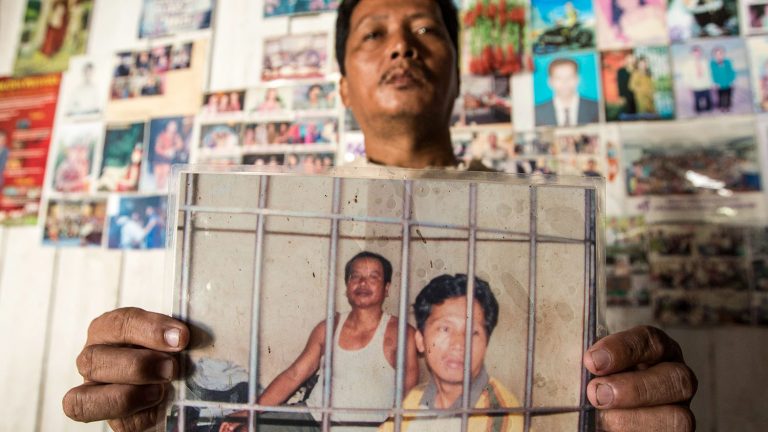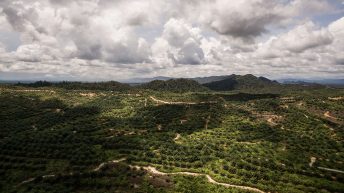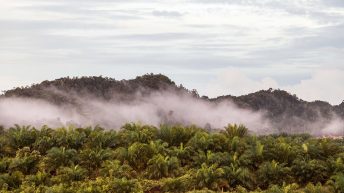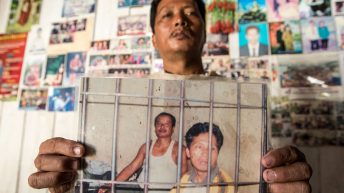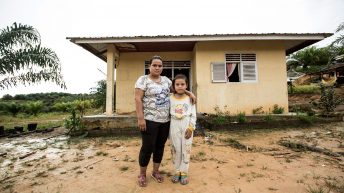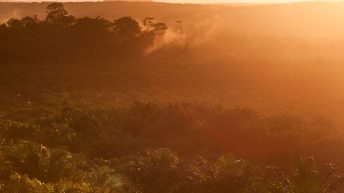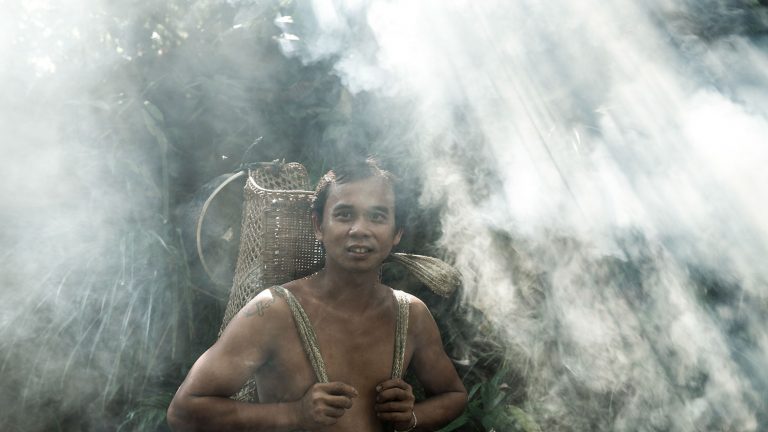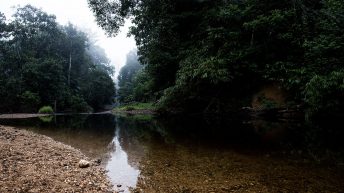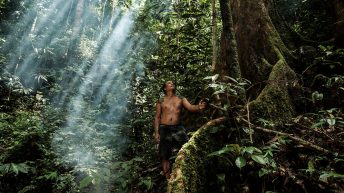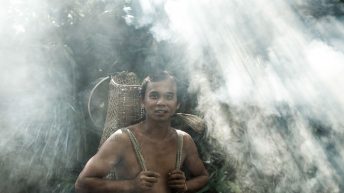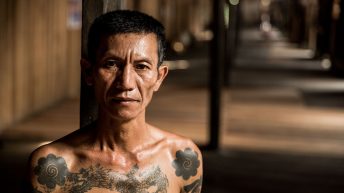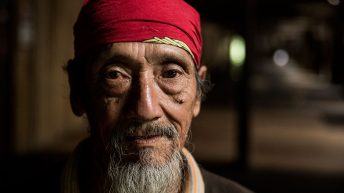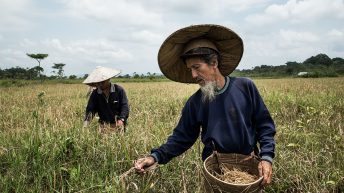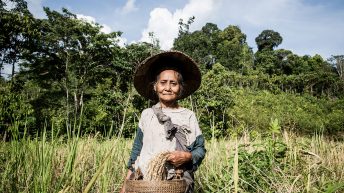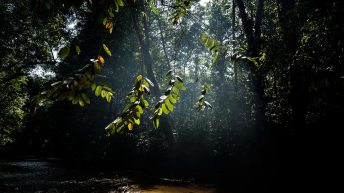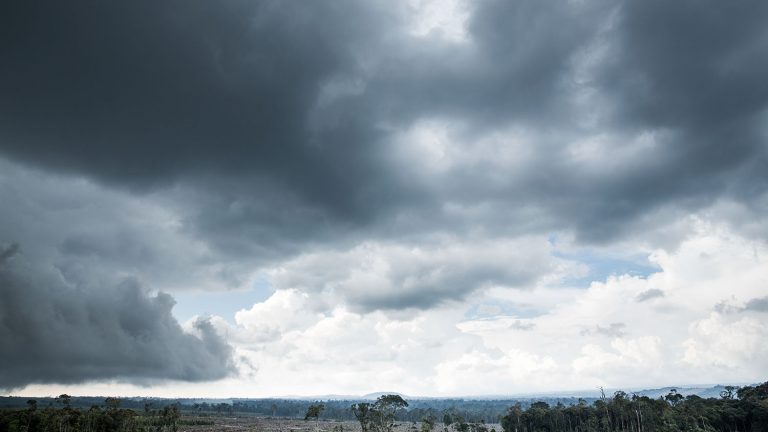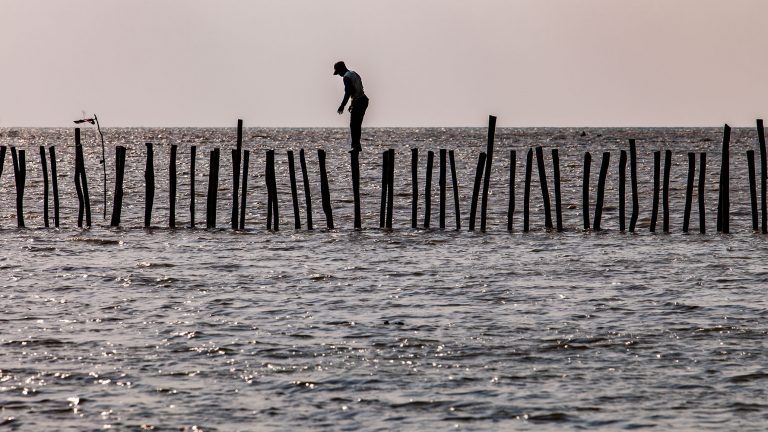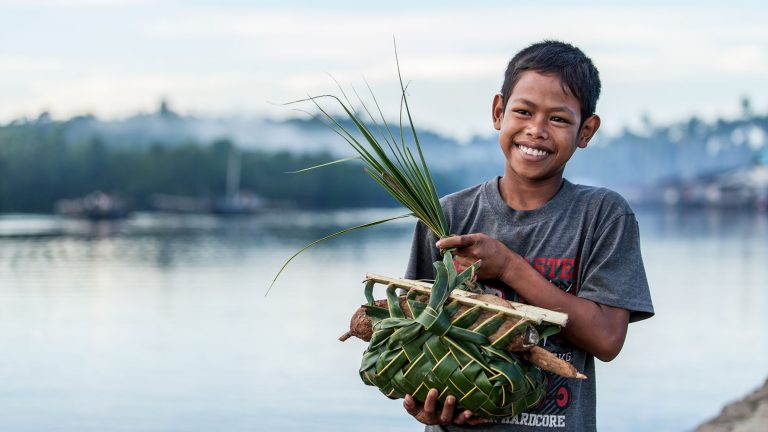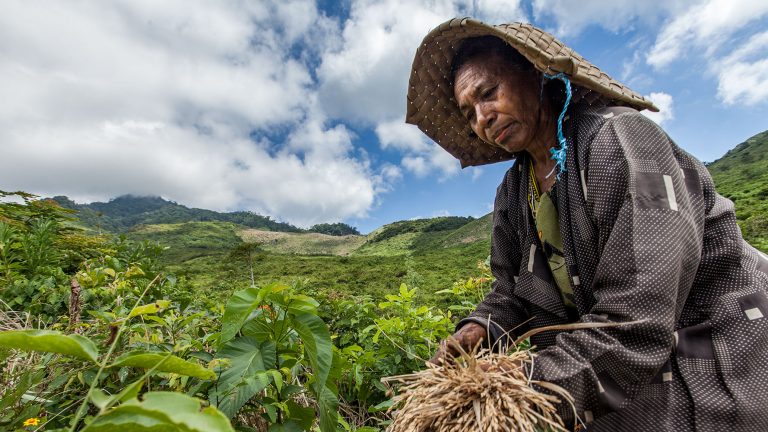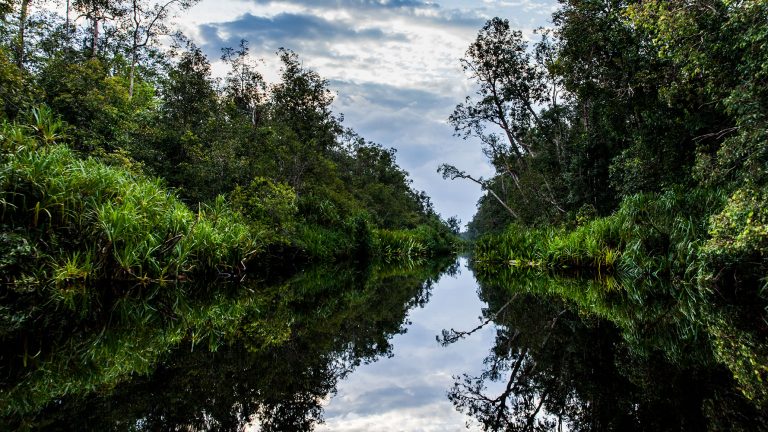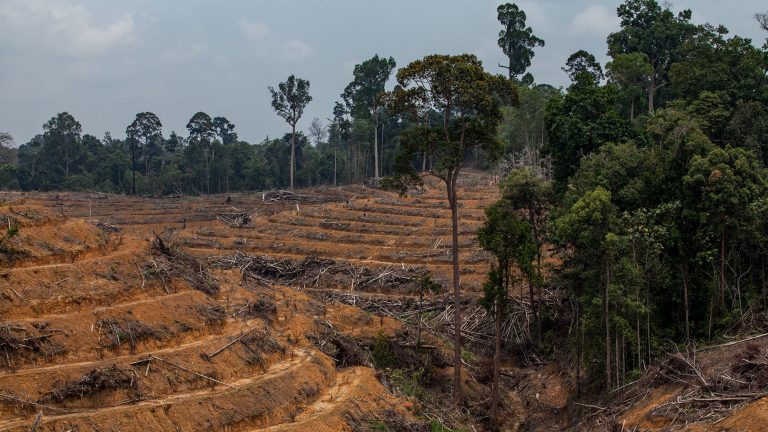Bambang Hero Saharjo is the Indonesian government’s chief expert witness against plantation companies accused of setting fires or allowing them to spread. A fire forensics expert from the Bogor Institute of Agriculture, Bambang has handled hundreds of cases over the past two decades. Last year, Bambang was sued by a palm oil company whose practices he testified against in court. The lawsuit against him was eventually thrown out, though observers say it is part of a trend of companies fighting back against their prosecution by trying to silence environmental defenders. Watch our short film about Bambang to learn more about how he investigates companies in the field, his experience dealing with the lawsuit against him, and why he chooses to work for the government instead of the more lucrative work of testifying on behalf of the companies themselves.
Filmed by Nanang Sujana for Mongabay.com


